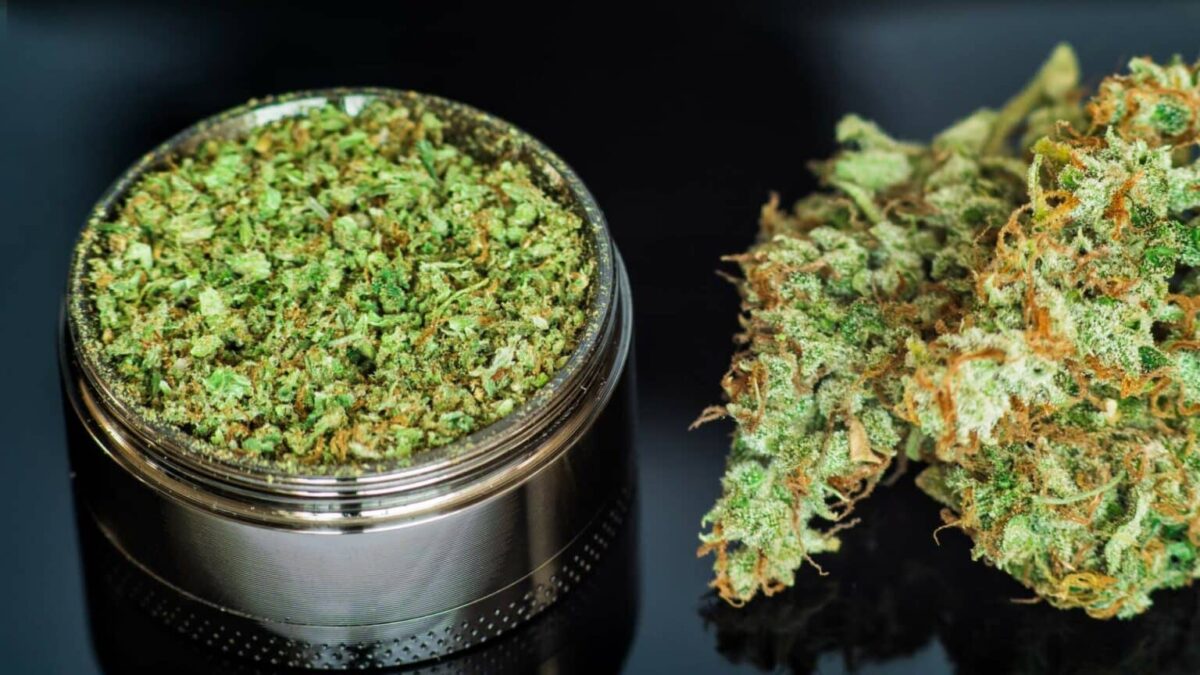The 2018 House Farm Bill Update: A Major Milestone for Hemp and CBD

In late 2018, the U.S. House of Representatives passed a historic revision to the Farm Bill — a wide-ranging law that significantly reshaped the future of hemp farming and hemp-based products, especially cannabidiol (CBD). This legislation marked one of the most important regulatory shifts for the hemp industry in decades, opening the door for farmers, producers, and consumers to participate in the rapidly growing market with clearer legal guidelines.
Here’s a closer look at what the 2018 House Farm Bill update means for hemp and CBD moving forward.
Hemp Legalization: Breaking Down Barriers
The most notable change is the federal legalization of hemp. For years, hemp — defined as cannabis plants containing less than 0.3% THC — was classified alongside marijuana as a Schedule I controlled substance under federal law. This classification made hemp farming illegal in most cases, severely limiting the industry’s growth in the U.S.
The 2018 Farm Bill changed this by removing hemp from the list of controlled substances. By reclassifying hemp as an agricultural commodity, the law allows farmers in all 50 states to legally grow hemp commercially, as long as it contains no more than 0.3% THC — the compound responsible for marijuana’s psychoactive effects.
This new status creates vast opportunities for agriculture, manufacturing, and product development across industries including textiles, food, health supplements, construction materials, and, most notably, CBD.
USDA Oversight and State Programs
With hemp legalized at the federal level, the U.S. Department of Agriculture (USDA) now oversees hemp production. The bill empowers the USDA to develop rules and regulations for hemp farming, including licensing, testing, and enforcement.
States can submit their own hemp production plans to the USDA for approval. States with approved plans will manage hemp farming locally, while in states without plans or rejected applications, the USDA will regulate hemp production directly.
This approach balances federal oversight with state flexibility, aiming to maintain consistent quality and safety standards while allowing states to address their unique agricultural needs.
Impact on the CBD Market
Perhaps the biggest ripple effect of the bill is its impact on hemp-derived CBD products. Prior to this legislation, CBD occupied a legal gray area. Although CBD itself is non-intoxicating and widely praised for its health benefits, its association with cannabis plants created confusion.
By legalizing hemp federally, the bill effectively legalizes CBD extracted from hemp, provided the product contains less than 0.3% THC. This clarification has fueled explosive growth in the CBD market, enabling manufacturers to legally cultivate hemp and produce CBD for supplements, wellness products, cosmetics, and more.
However, the bill does not resolve all regulatory issues. The Food and Drug Administration (FDA) retains authority over how CBD is used in foods, beverages, and dietary supplements, and is actively developing clearer guidelines. Businesses and consumers must stay updated on evolving FDA rules to ensure compliance.
Economic Growth and Opportunities
With clearer legal frameworks, the 2018 Farm Bill has sparked rapid expansion in hemp-related industries:
-
Farmers can diversify their crops and meet growing demand for hemp biomass used in textiles, biofuels, and especially CBD extraction.
-
Manufacturers can innovate with hemp-based ingredients in health, beauty, and other products.
-
Retailers and consumers gain access to a wider variety of hemp and CBD products with greater confidence in their legality.
Industry analysts predict continued growth as more research advances and regulations stabilize.
Remaining Challenges and Considerations
Despite these advances, challenges remain:
-
FDA Regulation: The FDA has yet to finalize comprehensive rules for CBD in food and supplements, leading to a patchwork of state laws and enforcement.
-
State Restrictions: Some states maintain their own restrictions on hemp and CBD that differ from federal law, complicating interstate commerce.
-
Testing and Quality Assurance: Strong testing standards are essential to ensure product safety and accuracy in labeling. USDA and states are working on programs to prevent contamination and fraud.
-
Public Education: Misunderstandings about hemp, CBD, and marijuana persist. Clear education is needed to help consumers make informed choices.
Looking Ahead: The Dawn of a New Hemp Era
The 2018 House Farm Bill update is a landmark moment for hemp in America. Legalizing hemp nationwide sets the stage for innovation and growth in agriculture and wellness industries. Farmers, entrepreneurs, and consumers alike are entering a new chapter full of opportunity.
Still, the success of the hemp industry depends on continued collaboration between lawmakers, regulators, scientists, and businesses. The Farm Bill has ended decades of legal uncertainty, laying the foundation for nationwide hemp cultivation and a booming CBD market.
Related article: How to Find a Trusted CBD Flower Shop in the UK – A Buyer’s Guide





